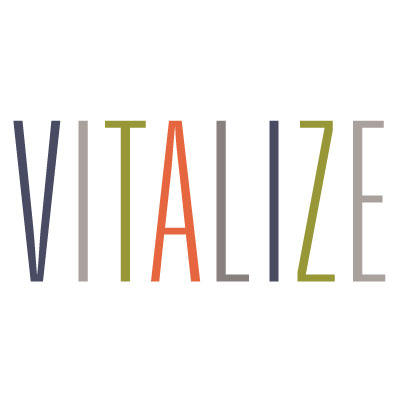Daylight savings can be a great help to many of us, annoying and disruptive to others. Regardless, it happened. Now, how do we manage our cycles and systems in order to support ease in our transition? This article is all about ways to support yourself and those around you as you shift over the next couple weeks.
First, it must be said, acupuncture is GREAT at resetting your internal clocks and systems. Of which you have three major ones that both western and eastern medicine acknowledge. First is your sleep, obviously. Second is your digestion (appetite, bowl movements, etc) and the third is your hormone release system which also impacts your temperatures. These are systems that acupuncture easily supports. So, if you are someone who usually suffers during this time, get on the schedule, have a couple weekly sessions and see how you feel.
Anxiety, depression, weight gain, memory issues are all associated with not getting enough sleep. If daylight savings leaves you feeling tired, wide eyed when you usually would be off in a deep sleep, then read on, this is for you.
Even if you lay awake, go to bed and get out of bed at the same time every day for the next three weeks, at least.
It’s a great time to practice healthy sleep hygiene. Read more on that topic here.
Try to eat your meals at the same time every day as well.
Light daily exercise is a great way to keep your body adaptable. Exercise also supports sleep.
It’s a great time for a daily meditation. There are many wonderful options, this one from Deepak Chopra is so great.
Limit alcohol consumption. Alcohol impact all of these cycles listed above and will do you no favors as you attempt to transition.
Limit caffeination, only drink caffeine before noon for the next three weeks.
GET SUNLIGHT. I know Portland, it’s a tough time for this one. Grab that light box, take off your sunglasses while driving, bundle up and sit outside when the sun does show itself. All of this will help reset your cycles.
For more on the topic and for sources, check out this recent article from NPR.





